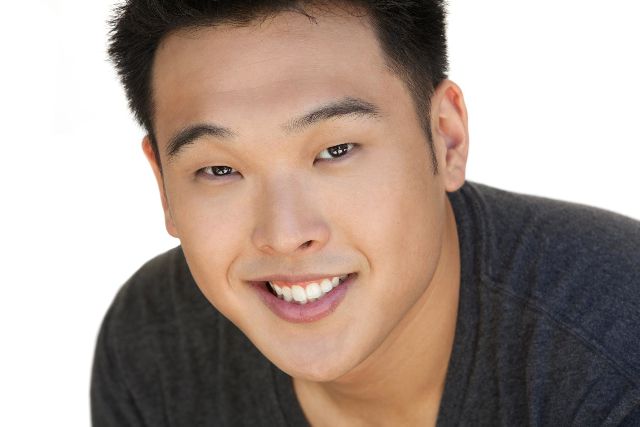From student Junot Lee

Vulnerability is power. When you go to Yahoo.com or any other website that gets a lot of daily traffic, mixed in with current events and sports sound bytes, you see articles all time with “How to” titles: “How to nail that job interview,” “How to make a great impression on a first date.” but how do you become vulnerable?
With Facebook and the decreasing frequency in which we see our friends face-to-face or meet new people, there’s this compulsive demand in our minds that we always carry our best impression so that we can affect people with a positive image of ourselves. What you get is one big, polite, passive aggressive Pleasantville devoid of conflict or emotional life, devoid of vulnerability. All those things that make our heart pound (intimacy, joy, sorrow, rage, fear), they add the distinct hues and substance to our personalities that make us the individuals we are.
The Meisner technique taught me how to draw from my own personal emotional life by shutting out the contrived intellectual element. To truly feel, you can’t be scared of getting hurt or embarrassed or even thinking about any of those things because the technique puts you in a state where you exist purely in the moment to take in the person sitting across from you. It demands that you put your attention squarely on the other person. The byproduct of reacting to your partner’s behavior and emotional responses is that you allow yourself to inhabit your own emotions without the convenient and shallow judgement that we picked up from the “rules” of making good impressions. There’s no one to please, no one to entertain. Just you, your scene partner, and the beautiful back-and-forth where you each tap into those things that make your heart pound just by you being you; heart pounding vulnerability. And that’s where great stories begin and live: where our hearts pound and where we can interact truthfully with each other because we know that what we each bring to the table is already enough. Acting is simply meant to be a canvas of life, and the beauty of the technique is that it trains you, beyond the craft, to exist in the moment and to clear your mind so that you can truly receive the emotional life that surrounds you. This awareness allows us to understand and convey what we truly feel, and this remarkable ability to get out of our own over-analyzing heads is real power because there is so much emotional life around us to inspire us and to expose what’s actually important to us individually. And the first step to this power is to be vulnerable.
Junot Lee


